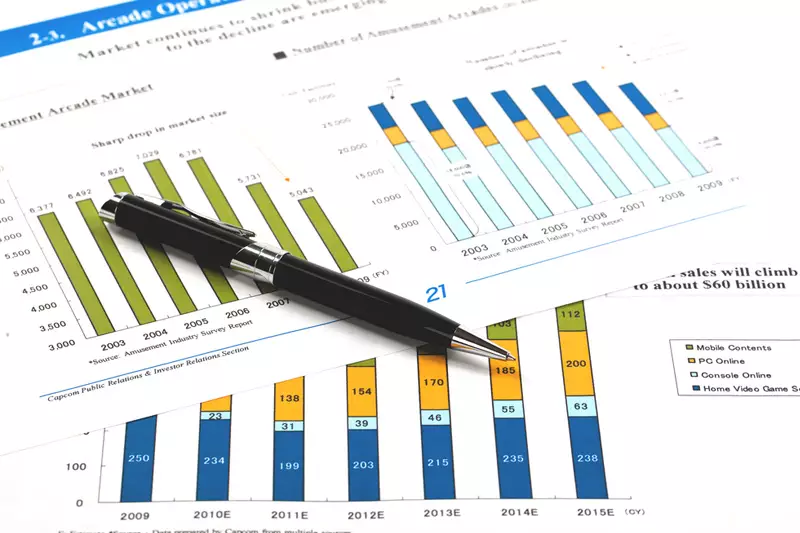The political landscape of France has recently experienced seismic shifts following the collapse of the government led by Prime Minister Michel Barnier. This political upheaval triggered a noticeable adjustment in the risk premium associated with French government bonds. On Thursday, the risk premium investors demanded to hold French bonds, in contrast to the safer German Bunds, contracted from a peak of 90 basis points to 80.90 basis points. This transition is significant, as it reflects a renewed confidence among investors, despite fears of ongoing political instability.
Investors initially reacted to the government’s downfall with cautious optimism, given the expectations of a stabilized market reaction. The movement of 3 basis points in the risk premium was unexpected by many market analysts, who had predicted a more subdued or even adverse reaction. However, this rebound in risk appetite raises questions about the underlying health of France’s economy and the sustainability of such momentum in the face of potential long-term challenges.
The Implications of Political Instability
The coalition between far-right and left-wing legislators effectively toppled Barnier’s administration through a no-confidence vote, pointing to a fragmented political environment. Analysts warn of the possibility of extended crises that could erode France’s sovereign creditworthiness over time, a concerning prospect in light of the government’s recently proposed austerity measures. Their draft budget seeks to implement 60 billion euros worth of spending cuts and tax increases, targeting a deficit reduction to 5.1% of the GDP by 2025.
Such strategies may be necessary for financial stability, but they come with tradeoffs that could stifle economic growth in the near term. Market observers are analyzing these fiscal proposals as indicators of the broader economic trajectory, considering factors such as consumer spending and public investment, both of which could be adversely affected by stringent budget measures.
Global Economic Context and Its Effects
As the eurozone grapples with these developments, borrowing costs across the region have seen a slight uptick. Investors are closely monitoring employment data from the United States, which is anticipated to have significant implications for Federal Reserve monetary policy. Recent comments from Federal Reserve Chair Jerome Powell indicated that the U.S. economy is exhibiting more resilience than previously forecasted, resulting in speculation regarding a more measured approach to interest rate reductions in the future.
This global context is crucial, as movements in U.S. monetary policy generally reverberate through financial markets worldwide. The interconnectedness of the global economy means that shifts in one major economy invariably affect others, including the eurozone. The modest rise in Germany’s benchmark 10-year government bond yield, which increased to 2.08%, exemplifies this interdependence. Investors are evaluating the potential for adjustments in yield as they gauge the changing dynamics of both political and economic environments.
Overall, the interplay between France’s political instability, proposed fiscal reforms, and broader economic trends paints a complex picture. It reinforces the necessity for vigilance among investors navigating these unpredictable waters, revealing both risks and opportunities in the european financial landscape. As these developments unfold, market participants must remain astute and agile in their strategies.

